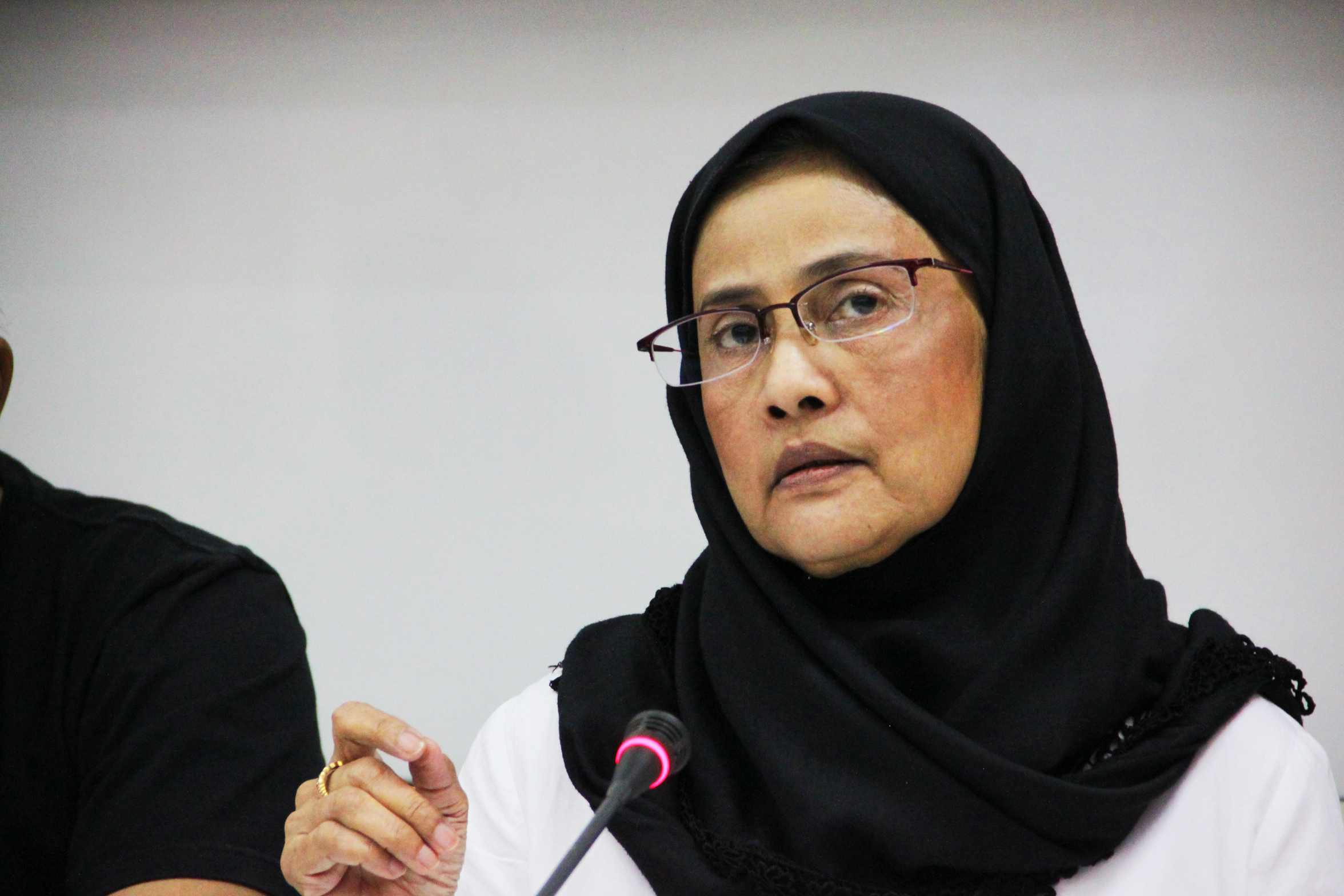
CEDAW | ISHR files unprecedented legal submission on women survivors of enforced disappearances
The disappearance of a prominent human rights defender, Somchai Neelapaijit, and the Thai Government’s inadequate investigation of that disappearance, violated the rights of Neelapaijit’s surviving wife, Angkhana, including her right to equality in marriage and an effective remedy.
On 30 December 2018, ISHR and the International Commission of Jurists (ICJ) submitted a communication to the Committee on the Elimination of Discrimination Against Women (CEDAW) on behalf of Angkhana Neelapaijit, regarding her situation following the enforced disappearance of her husband, Somchai Neelapaijit, a lawyer in Thailand. Somchai Neelapaijit disappeared on 12 March 2004, following his extensive work promoting the rights of those accused of terrorism and publically speaking out against actions taken by the Thailand government, especially regarding the treatment of Malay-Muslims in the Southern Provinces.
The authorities took inadequate action to investigate the case, and significantly, no suspects were ultimately convicted for the disappearance. Despite Angkhana Neelapaijit’s numerous efforts to bring the perpetrators to justice, the investigation was repeatedly delayed, forensic evidence never tested, and suspects were finally only charged with minor offences such as coercion.
ISHR’s communication to CEDAW argues that Thailand has violated Articles 2(b)(c)(f), 5(a)(b), 15(1) and 16(1)(c)(d) of the Convention on the Elimination of Discrimination Against Women. These articles center on the right of women to equality in marriage and family and the rights to effective remedies. Specifically, Articles 16(1)(c) and (d) address the State’s obligation to ensure equality between spouses and that they have the same rights and responsibilities regarding their children.
‘This communication provides CEDAW with a rare opportunity to address a significant issue affecting women defenders and victims of enforced disappearances,’ said Pooja Patel, ISHR’s Programme Director on women human rights defenders. ‘CEDAW has the opportunity to strengthen its focus on those who are left behind,’ she added.
The communication highlights the impact that enforced disappearances have on relatives of the disappeared. In Thailand, most victims of enforced disappearances are male. Thus, the aftermath of the enforced disappearance disproportionally impacts the spouses and relatives, especially the women survivors.
These women are left to pick up the pieces, not only completely shouldering the financial and caretaking burdens of the family, but also to seek justice. Seeking justice often brings with it additional challenges. Angkhana Neelapaijit and her family were subject to threats, harassment, smear campaigns and increased isolation from their community—all while trying to bring justice to those who disappeared her husband.
‘We call on CEDAW to find that Thailand is in violation of the Convention; recommend that the investigation into the disappearance of Somchai Neelapaijit is resumed; and call on the State to ensure the perpetrators identified are prosecuted and subject to impartial judicial proceedings,’ said Tess McEvoy, ISHR’s Legal Counsel and Programme Manager. ‘CEDAW’s determination in this case will have a significant impact on women defenders, relatives of the disappeared, as well as those who seek justice for the disappeared.’
Contact: Tess McEvoy [email protected].
Photo: iLaw TH
